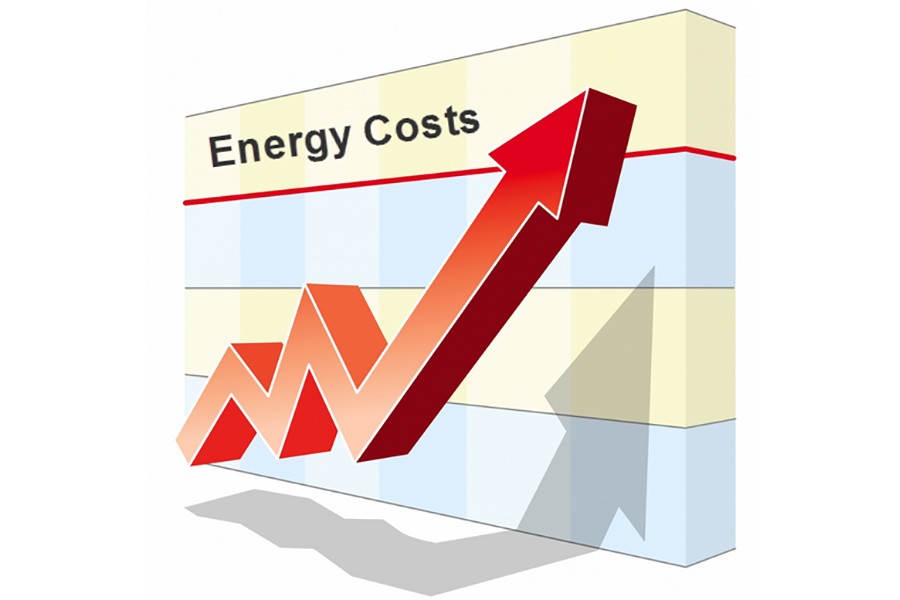
Published :
Updated :

News on moves to revise energy prices often hit the headlines in both print and electronic media. Gas and electricity being two most critical inputs for production of goods and services, any variation in the price of one or both has a long-term bearing on our everyday life. In addition, it puts energy security at risk. Thus energy and its sustainable price is a matter of priority when it comes to formulating policies and adopting policy decisions. Sudden changes in energy prices may interrupt production activities and affect the economy adversely. A rise in energy prices push the cost of production up and producers are compelled to cut down their output levels and as a result demands of goods and services decline. Consumers are also forced to cut down other expenses to accommodate increased energy prices in their list of monthly purchase. Subsidies are therefore important in view of a sustainable energy price.
For example, a surge in world oil prices is likely to raise costs of production which may eventually lead to fall in outputs and a simultaneous rise in price levels in domestic market. It has been acknowledged worldwide that higher oil price may eventually lower income levels in underdeveloped nations. Thus, in order to protect the economies from such shocks the governments in the less developed countries resort to provision of energy subsidies, artificially keeping energy prices low.
Frequent revision of energy prices often becomes talk of the town and in most cases it is based on calculation aimed at reducing energy subsidies. Energy subsidy in prices is considered a crucial policy tool amongst governments of developing countries. In Bangladesh it is extended to producers and consumers both directly and indirectly whereby it lowers the cost of energy inputs and raises revenues for producers. More importantly it also reduces the price paid by the end consumers.
Experts have strong arguments against such subsidies. They argue that though continuing subsidies benefit the common people on different accounts in the short run, it has its contraindications as well. It is counter-productive in the long run and hampers efficient use of energy by maintaining a steadily lower-than-production cost price and encourages extravagant consumption. Overuse of imported fuels at subsidised prices may also lead to deterioration in the country's balance of payments.
Most importantly it discourages investment in the energy sector and hampers development of energy infrastructure because low energy prices would mean lower profits for producers. With sustainable energy and its security in focus, investment in the energy sector is the most important macro-economic tool which requires utmost attention. Moreover, energy subsidies also hamper energy diversification drives and put energy security under constant risk. However, subsidies make sure that the price of renewable energy stays at a relatively higher level compared to the non-renewable energy prices. It acts as a discouragement for intending renewable energy entrepreneurs. As a result, efforts for energy diversification are overlooked which will prove damaging for our economy in the long run. Thus it is ideal for the developing countries to trim down energy subsidies for greater macro-economic benefits. Energy subsidy distorts energy price structure, leading to inefficient resource allocations and thereby harming the economy. Moreover, subsidising policies aimed at helping the poorer segment of society and enhancing the overall economic welfare level are ineffective as benefits of such subsidy provisions are enjoyed by the wealthier segments. Thus, it would be wise for the government not to opt for repeated interventions in the energy markets. Considering the pros and cons of the matter, cost-reflective energy prices could be a sensible move towards achieving energy security in the underdeveloped world that will help achieve our development goals. Computation of energy price keeping subsidies in consideration is an important exercise and should be performed judiciously.


 For all latest news, follow The Financial Express Google News channel.
For all latest news, follow The Financial Express Google News channel.